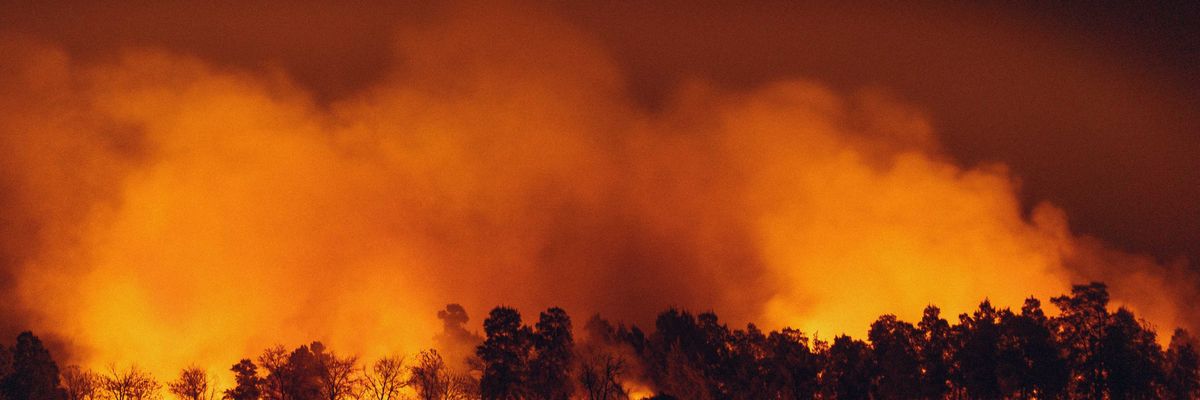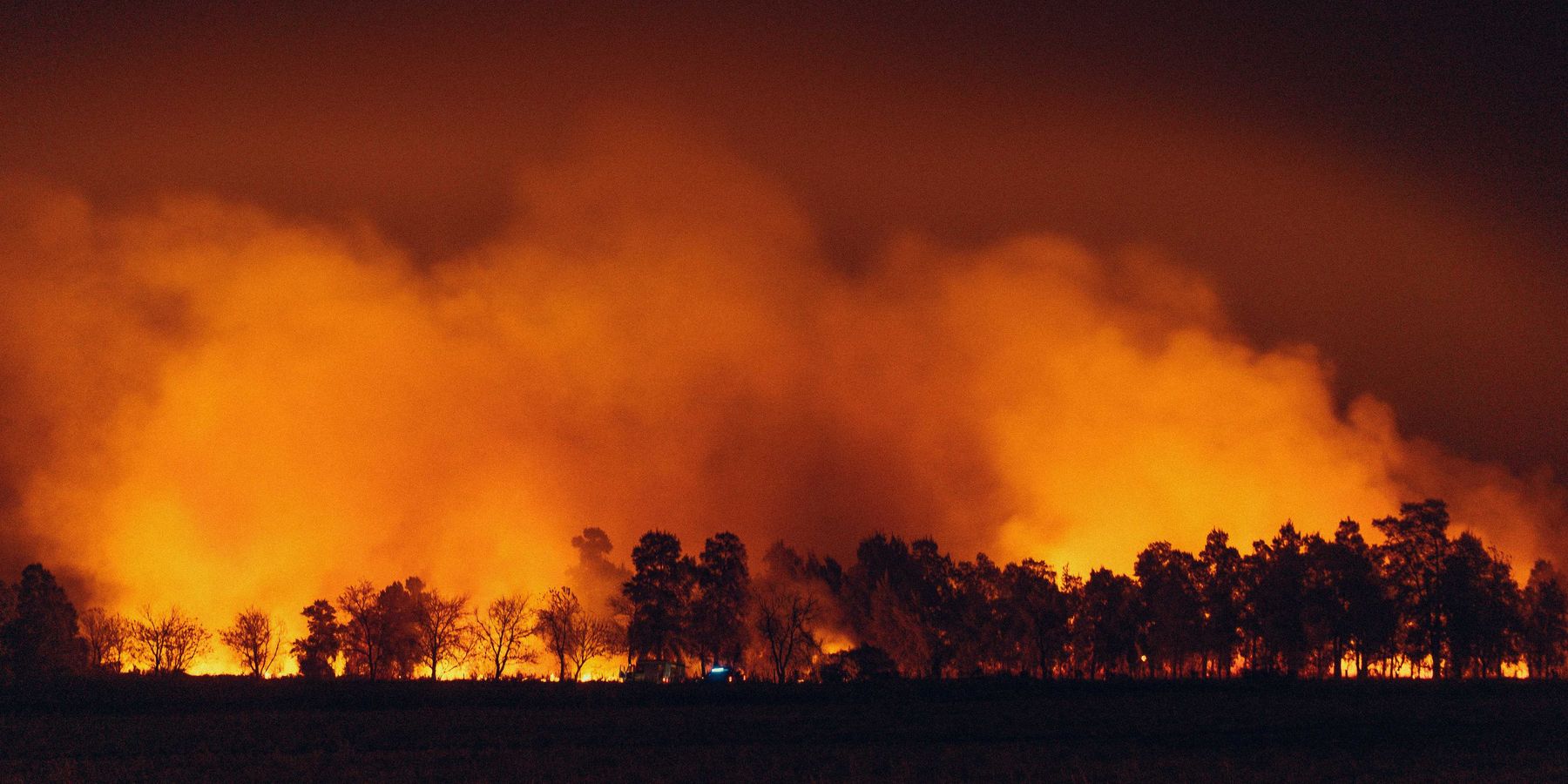marshes
New York marshes face erosion threats due to climate change
The marshes in New York City, vital ecosystems for shorebirds and other wildlife, are severely impacted by sea level rise and storm surges, compounded by heavy metals from their industrial past.
In short:
- More than 80% of New York City's original tidal wetlands and marshes have been filled in for development.
- Remaining marshes suffer from erosion caused by sea level rise, storm surges and human activities.
- Heavy metal pollutants in the marshes pose a threat to water quality and wildlife.
Key quote:
"Unless we put sediment on top so [the marshes] can keep up, they’ll just be drowned. They’ll be underwater, and they’ll fall apart, which is really happening."
— Dr. Dorothy Peteet, senior research scientist with the NASA Goddard Institute for Space Studies
Why this matters:
The erosion of New York's marshes not only threatens biodiversity but also the city's water quality. Protecting and restoring these ecosystems is crucial for maintaining environmental health and mitigating flood risks.
After comeback, Southern Iraq’s marshes are now drying up
After recovering from Saddam Hussein’s campaign to drain them, Iraq’s Mesopotamian Marshes are disappearing as a regional drought enters its fourth year and upstream dams cut off water flows. Marsh Arabs, resident for millennia, are leaving, and biodiversity is collapsing.
Climate change could turn Iraq's marshes into barren wasteland
Iraq’s marshes, home to the country's famed Marsh Arab culture and a haven for migratory birds, are under threat from climate change, water scarcity and increasing water salinity, the United Nations said on Tuesday.
Feral hog invasions leave coastal marshes less resilient to climate change
Climate change forces rewrite of U.S. conservation strategy
Sea level rise, happening particularly fast on the state's Eastern Shore, is pushing the saltwater marsh up into the hills, killing surrounding forests and opening the way for invasive species to gain a foothold and upset the balance that allows this ecosystem to flourish.
The world’s wetlands are slipping away. This vibrant wildlife sanctuary underscores the stakes
Blue carbon: the climate change solution you’ve probably never heard of
Coastal ecosystems like salt marshes sequester millions of tonnes of carbon, but have been whittled away over the decades.









